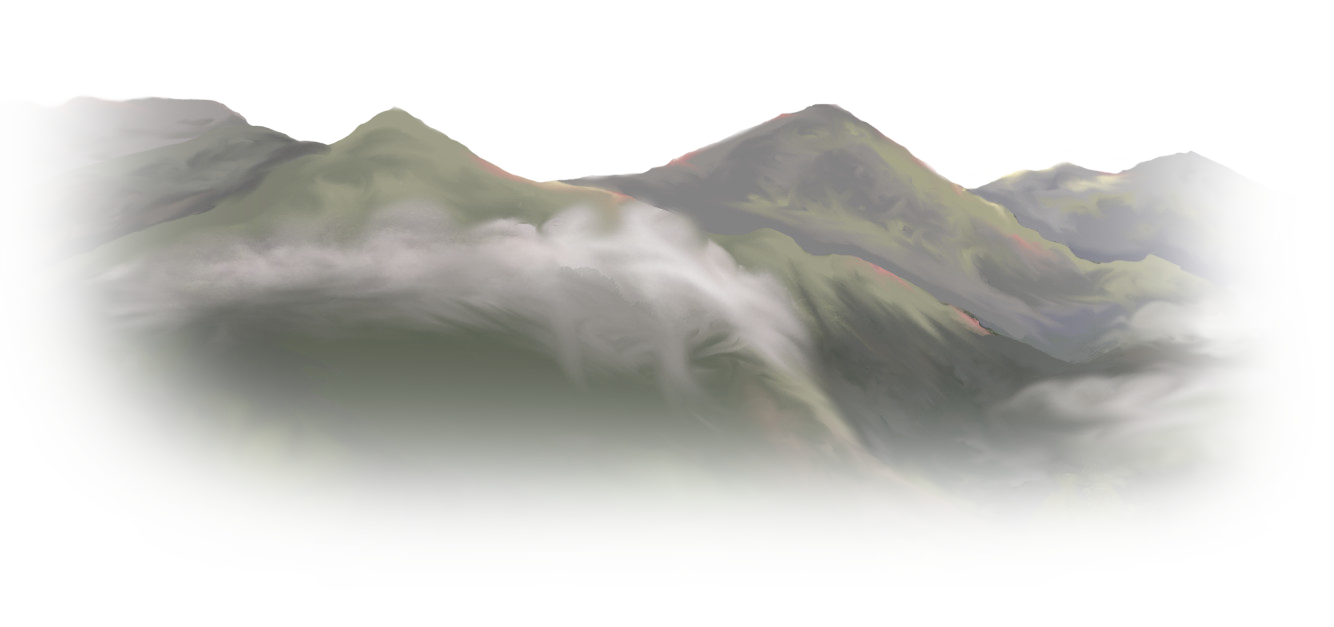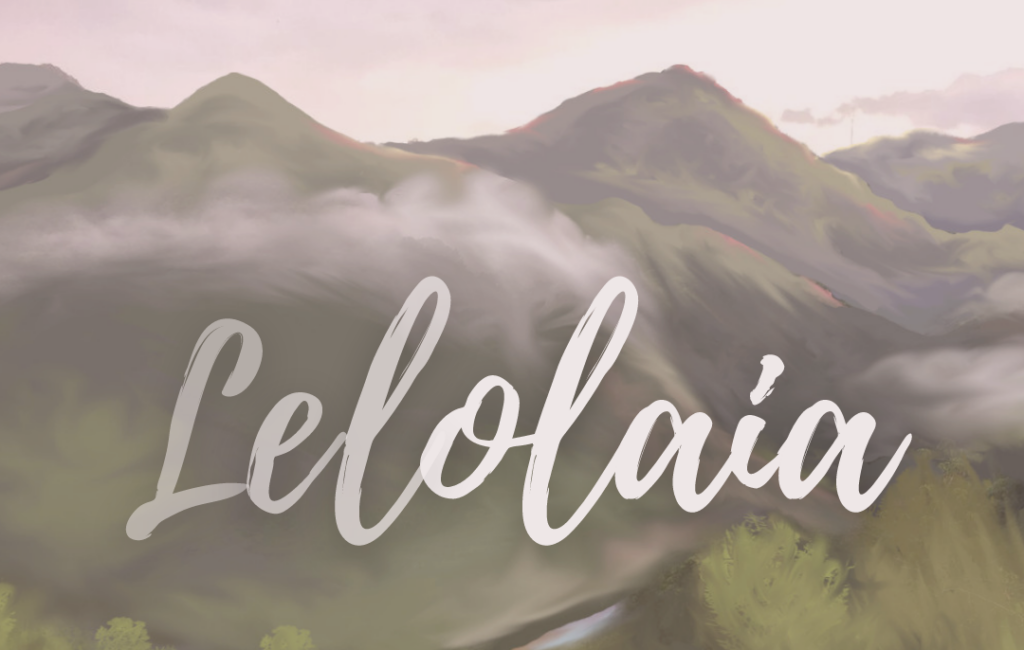Hace unos años me fuí a “janguear” en la plaza del pueblo en Caguas, Puerto Rico. Como suele pasar, mi amiga se encontró con un amigo de la Uni y me presentó… Estoy acostumbrada a que mi nombre de por si causa confusión, pero el chico me respondió “¿Lelolaia?”.
Desde aquel entonces, he adoptado ese nombre con mucho cariño. Es un nombre que me conecta con las tradiciones de música folklórica de Puerto Rico que llevo cantando y escuchando desde chiquita.
Aquí les presento más información sobre la tradición cantada de improvisar “la-le-lo-lai,” “ay-le-lo-lelo-le,”lai-le-lo-lai”
ENGLISH
A few years ago I went to hang out in the town square in Caguas, Puerto Rico. As is typical in Puerto Rico, my friend coincided with a friend from Uni and introduced me… I’m used to my name causing confusion, but the guy replied “Lelolaia?“
Since then, I have adopted that name with great affection. It is a name that connects me with the folk music traditions of Puerto Rico that I have been singing and listening to since I was little.
Here is more information about the sung tradition of improvising “la-le-lo-lai,” “ay-le-lo-lelo-le,”lai-le-lo-lai:”
PROYECTO DEL CUATRO PUERTORRIQUEÑO “El Proyecto del Cuatro es una organización de voluntarios, sin fines de lucro, basada en Northampton, Massachusetts y Moca, Puerto Rico, que desde 1992 se ha dedicado a estudiar, preservar y fomentar las tradiciones artesano-musicales que rodean a nuestro instrumento nacional–el cuatro–y también los de la familia de instrumentos musicales creados desde el siglo 18 en la región montañosa central de la Isla por los jíbaros puertorriqueños.” “The Puerto Rican Cuatro Project is a volunteer-based, non-profit organization based in Northampton, Massachusetts and Moca, Puerto Rico, which has dedicated itself since 1992 to study, preserve and promote the musical and musical-craft traditions that surround our “national instrument”–the cuatro–and besides, the traditions of the family of musical instruments created since the 18th century in the central mountainous region of the Island by the Puerto Rican jibaros.“ |

